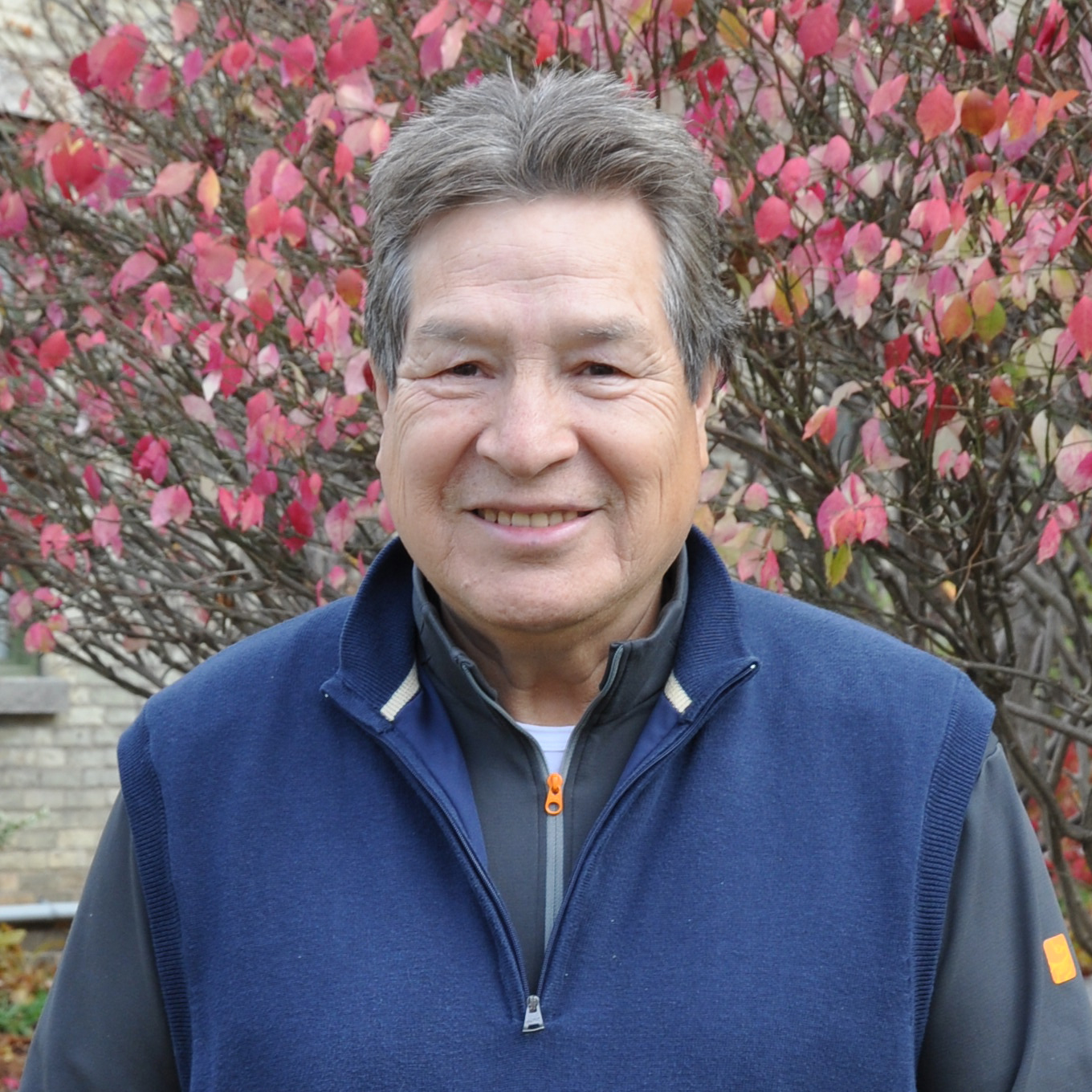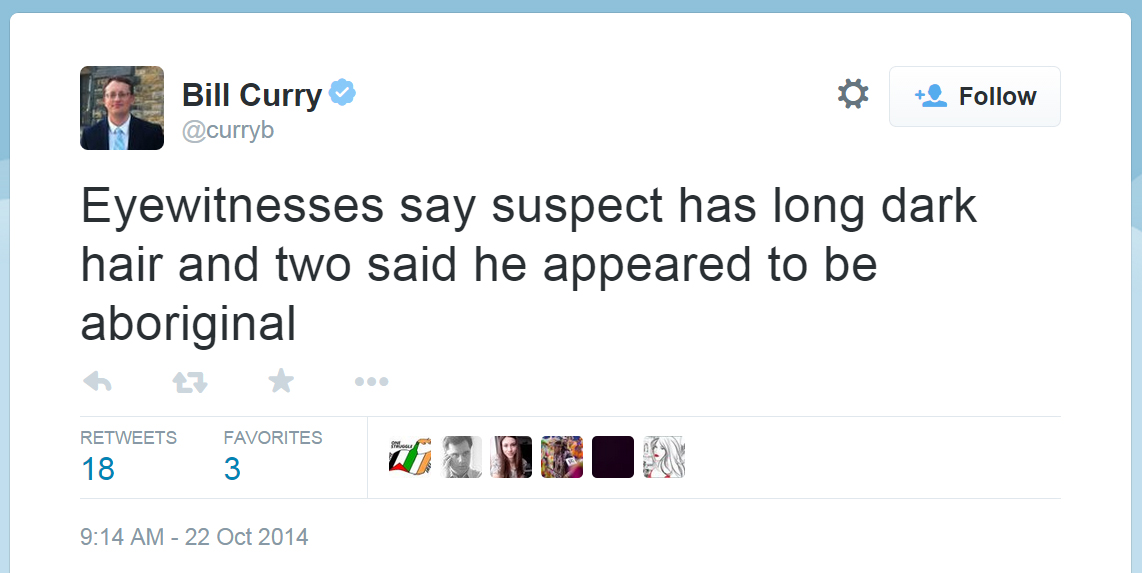In a recent editorial, Lorne Gunter argued in your paper that Ottawa has continued to fail First Nations in their continued efforts to “break the cycle of bad governance” in our communities.
This article has a valid point in that the Band Council system in many cases is not working, but entirely misses the fact that this is not a failure of First Nations leadership, but instead a failure of a system that was forcefully imposed on our original governments. This is where I believe Mr. Gunter has missed the boat on the crux of this issue entirely.
The fact that Mr. Gunter continues to see a top-down approach to solving governance problems in First Nations as the solution is exactly the source of the problem. It’s is not simply that the Government hasn’t succeeded in the right model yet, it’s that they have no place dictating how our Nations establish our governance structures – period.
The elected Band Council system is one that was imposed on our Nations by the Indian Act, replacing our traditional governance systems with one intended to oppress us, and set us up for failure. Make no mistake, the Band Council system is a tool of colonization.
The solution here is not for the Canadian government to continue to impose new paternalistic and imperialistic governance structures on our Nations, but to instead support our Nations to undo the damage created by the Indian Act.
The first step in this is for our Nations to regain access to the land. Having expanded land bases is necessary for our Nations to be self-sufficient and financially stable. Mr. Gunter is indeed correct when he says throwing money at reserves will not solve the problem of dependency, but what he fails to recognize is that Canada does this as a way of brushing under the rug the fact that it is squatting and generating revenue on unceded land. Our nations need to regain access to the land to sustain our peoples.
In addition, many of our Nations are undergoing work to revive and restore our traditional governance structures. I look no farther than the Oneida Nation of the Thames outside of London, Ontario to see this work happening in its early stages. The traditional and elected councils are defining their relationship with each other, and working together to take the first steps towards reviving their original ways of governance. This is exciting, brave, and challenging work.
This work will take time, and it will look differently in every community, but it is being driven and led by our citizens – and that is the right approach. Canada needs to stop acting as an adversary to this work. Canada can assist us in moving forward, away from the oppressive policies within the Indian Act, but must stop trying to solve our problems for us in ways that have historically failed again and again.
Sincerely,
Grand Chief Gord Peters
Association of Iroquois and Allied Indians
ABOUT AIAI
AIAI is mandated as a Provincial Territorial Organization (PTO) to defend and enhance the Aboriginal and Treaty rights of our seven member First Nations. Our member nations include: Batchewana First Nation, Caldwell First Nation, Delaware Nation, Hiawatha First Nation, Mohawks of the Bay of Quinte, Oneida Nation of the Thames, and the Wahta Mohawks. Learn more at www.aiai.on.ca, on Twitter@AIAI_comms and on Facebook.


